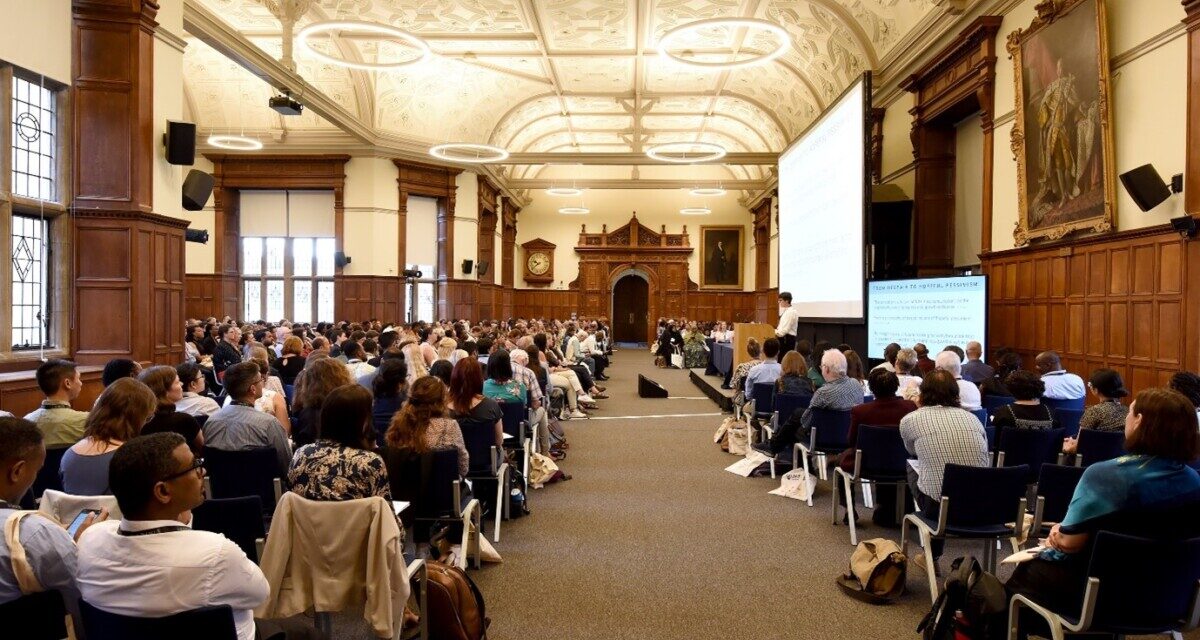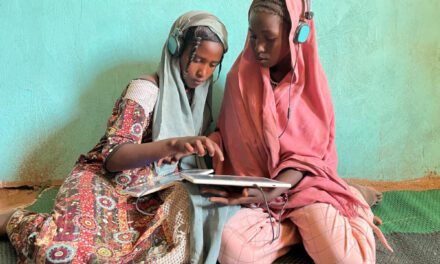This blog was written by Jonah Bury, Principal Consultant, Oxford MeasurEd.
I need to start this blog entry with an admission: up until two months before the September 2023 UKFIET conference, I had never heard of UKFIET.
After attending the conference and witnessing an array of interesting speakers and sessions from all over the world, it’s not necessarily an admission to be proud of. But the truth of the matter is that there is a simple explanation for this: the space of international development is an unfamiliar one for me.
I recently joined Oxford MeasurEd – a global education consultancy – to work on our expanding portfolio of UK work. Before that, I spent 5 years at a UK-based social research charity carrying out education research and evaluations of UK-based education programmes. And prior to that, I worked at two sixth form colleges as a teacher of Sociology, also in the UK. So, while I have not gone to school in the UK, I feel at home in the UK education space.
Attending the conference from a certain position of being ‘outside’ the sector has given me a different perspective on the conference that others more familiar with the international development space might take for granted. And these are aspects which I believe give cause to be carefully optimistic about the current state and future trajectory of the sector.
Diversity of thought
I was amazed by the sheer multitude of different stakeholders present at the conference, including international donors, government agencies, academics, freelance consultants, research agencies, implementers, activists and practitioners. Why does this matter? It matters because the range of diverse and distinct roles provide unique perspectives and experiences, thus reducing the risk of one perspective within the field of international education becoming dominant. This vibrant exchange of ideas and even disagreements is enriching because it translates into a sector that is in motion rather than stagnant.
Appetite to unpack key terms
The vibrancy of the sector was reflected in an appetite for deconstruction – or, to put it differently, to unpack key terms. This was not a pure academic exercise. Rather, debating and unpacking the meaning of terms such as ‘inclusive education’, ‘foundational learning’ or ‘climate crisis/emergency’ was done because of the real-life consequences of such terms. For instance, how inclusive can the field of inclusive education be, as the keynote speaker Professor Nidhi Singal remarked, if it remains dominated by the Global North? This is a question that has stayed with me long after the conference finished.
Power is everywhere
In every session I attended I was reminded of the global power imbalances that permeate not just the world of education but also the world of research. I was particularly struck by a session on the global knowledge gap between the North and South, where the presenters described the consequences of the lack of African-based researchers within international research databases. While this was not a result of an absence of quality research in Sub-Saharan Africa, the knowledge and evidence gap in international research databases meant that most evidence was not locally grounded. It was especially refreshing to see that the African Education Research Database is an attempt to counter the narrative of the invisibility of African research.
Teachers’ motivation to make a difference is universal
Many sessions I attended included presentations on interventions aimed at improving professional practice and learner outcomes in a range of different contexts. Despite facing challenges such as under-resourced schools, lack of opportunities for professional development, over-crowded classrooms, or the threat of conflict and natural disaster, the presentations highlighted a workforce that is determined to improve their professional practice and learner outcomes. The presentations reinforced my view – informed by my own experience as a classroom teacher and research practice – that regardless of challenges faced, education systems in the UK and globally are driven by teachers’ motivation and commitment.
Conclusions: The productivity of anger
At times, I sensed a certain exasperation and even anger among attendees in the face of large-scale educational challenges and persistent inequalities. However, when faced by the reality of global inequities, anger and exasperation are understandable. Indeed, it could even be argued that they are essential to drive change insofar as they are a rejection of the status quo. Reflecting on the productivity of anger, I wonder whether I and others working in the UK education space are sufficiently angry at existing inequalities at home, where family background remains a key driver of educational attainment, life-long income, and career potential. Is it the case that I have normalised and accepted the status quo amidst my professional drive as a researcher and evaluator to find out ‘what works, for whom and why’? Or is it that it is simply difficult to marry the anger at existing inequalities with the professional role of being an independent evaluator of education programmes. I have not yet got an answer, but thanks to UKFIET, I will be looking for one…





